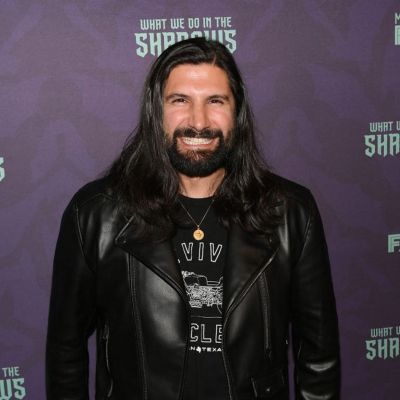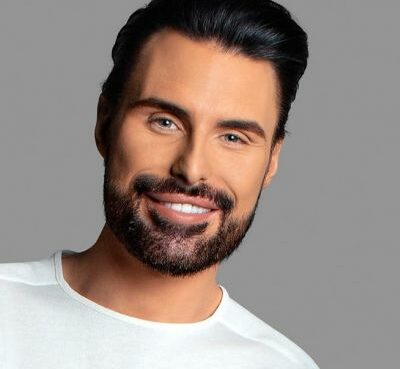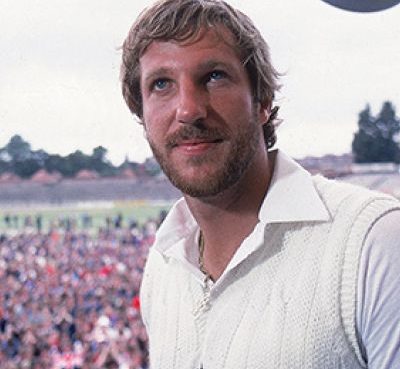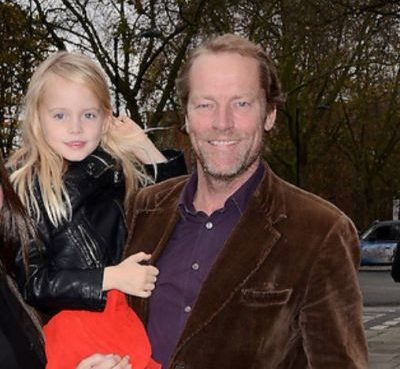Kayvan Novak is a Muslim. Kayvan Novak, a British actor, and comedian, has piqued the imagination of moviegoers with his faith. Novak noted for his humorous parts, co-created and acted in the hit television series Fonejacker, which earned him the British Academy Television Award for Best Comedy. Fans’ interest in Novak’s religious beliefs adds to the mystery around his seductive manner as they investigate his diverse career.
Kayvan Novak Religion
Kayvan Novak’s religious identity as a Muslim is not supported by any verifiable proof. Novak, on the other hand, has portrayed Muslim roles in a number of films and television programs. He has said that his understanding of the culture and religion allows him to take on these roles even if he does not personally follow the faith.
According to Novak, actors must be able to play people from many ethnic and religious backgrounds because it fosters empathy, understanding, and a larger perspective. Critics have praised Novak for his representations of Muslim characters. He received praise for his delicate portrayal of Waj in the film “Four Lions,” a vulnerable and easily persuaded young man. The Guardian complimented Novak’s portrayal as “beautifully nuanced.”
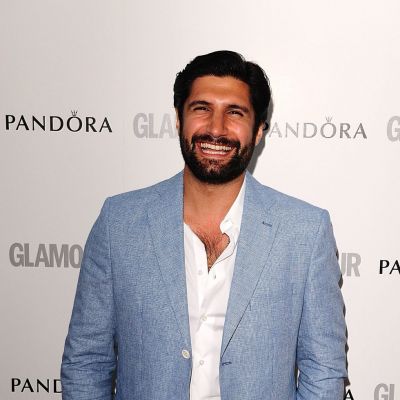
Some Muslims have commended him for humanizing Muslim characters. According to a Muslim lady interviewed by the BBC, Novak’s depiction of Muslims on television provides an unusual and compassionate image of Muslims. Finally, despite not being a Muslim, Kayvan Novak has effectively played Muslim roles in a number of shows.
Kayvan Novak’s Ethnicity and Place of Origin
Kayvan Novak was born in London. She is of mixed ethnicity, with Iranian and Indian origins. Novak, who grew up in the United Kingdom and had parents from Tehran and Isfahan, had the chance to grow up in the midst of a cultural fusion. Despite misunderstandings about his Iranian origin, Novak has claimed that he does not identify as a Muslim, even if he has not explicitly declared his religious views.
Novak appreciates and accepts the uncertainty that comes with having a mixed ancestry. He is proud of his dual cultural ancestry (Iranian and Indian) and appreciates the depth and complexity that it brings. Novak views his unique upbringing as a strength as an actor since it enables him to explore a wide range of characters and their ethnic origins in detail and honestly. People have been puzzled and formed judgments about the actor because of his ethnicity, he acknowledges. Some could believe he is a Muslim because of his Iranian origin, while others might assume he is merely Indian because of his name.
Novak is still at comfortable with these misconceptions and does not feel compelled to conform to any one identity. Instead, he cherishes the freedom to study and experiment with other cultural influences, which allows him to offer a distinct perspective to his roles.
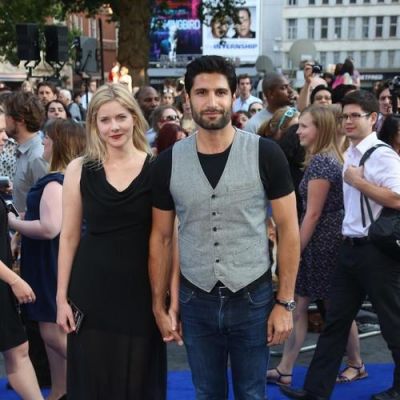
Kayvan Novak Family
Kayvan Novak, who was born on November 23, 1978, in Cricklewood, North London, England, is of Iranian descent. He attended Hampstead College of Fine Arts and Highgate School before enrolling at the Webber Douglas Academy of Dramatic Art. Despite his success in the entertainment industry, Novak likes to keep facts about his family members private and to live a solitary life.
Novak hasn’t spoken much about his family on social media, but he does sometimes provide glimpses into his personal life. He once paid tribute to his late grandmother by uploading a photo of her on Instagram. He also shared a heartwarming childhood snapshot of himself and his father holding each other on their shoulders in another post. Furthermore, Novak posted an old picture of his mother on social media, complimenting her on her ageless beauty.
Kayvan Novak is married to Talitha Stone, a London-born English actress. Talitha Stone, whose mother’s name is unknown, is well-known as an activist who has spoken out against obscene lyrics by rappers such as Tyler and Snoop Dog. Unfortunately, her advocacy resulted in threats against her, including rape and death threats, which caused her much pain. Despite these hurdles, Stone was able to continue with her work.

